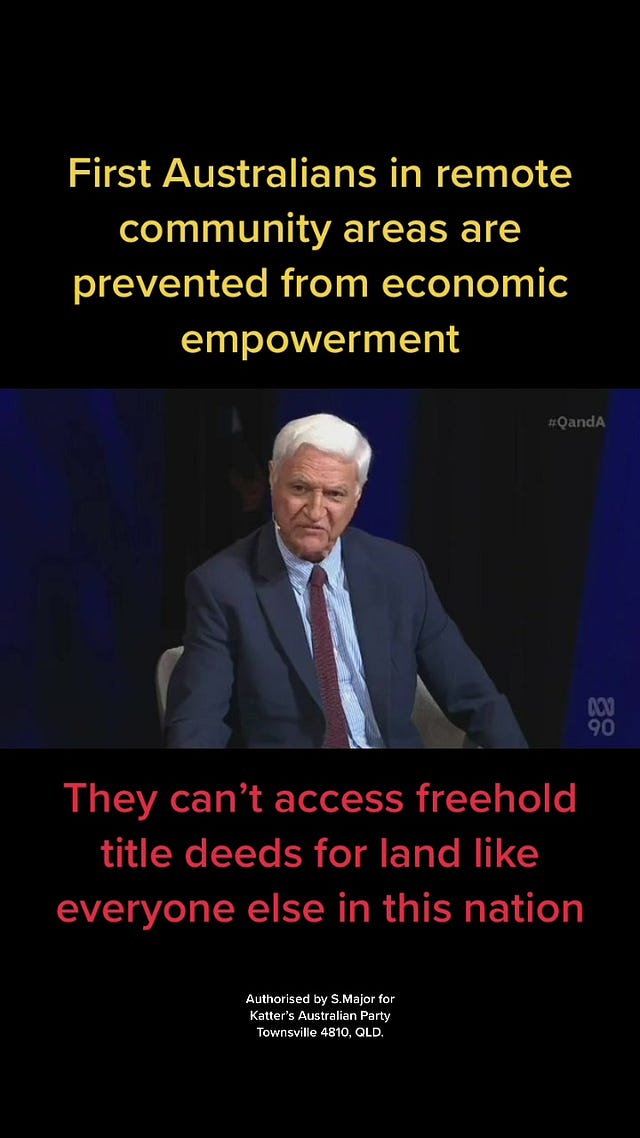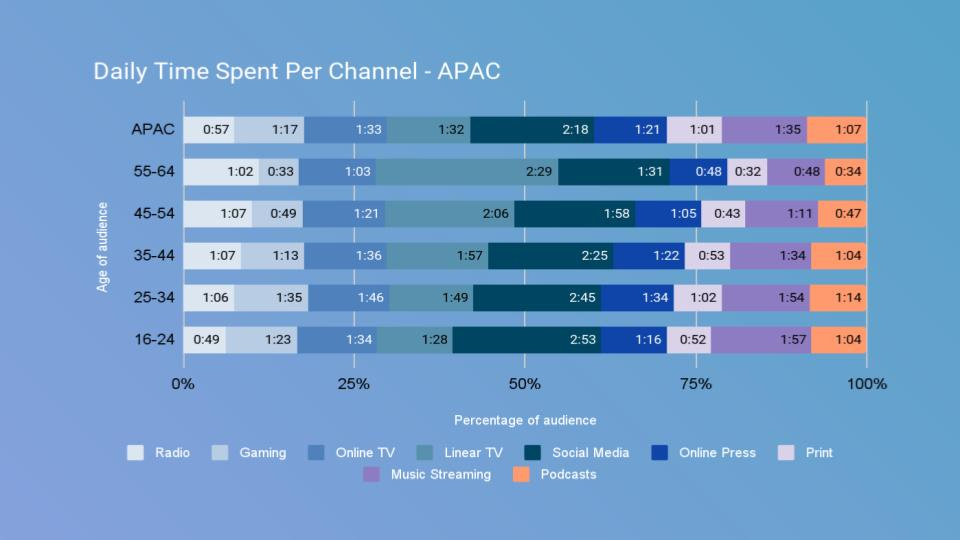Charlie Sheen's Tiger Blood transforms Twitter: The Wild Ride Begins
Charlie Sheen lost his blue tick on Twitter earlier in the year. He was part of Elon Musk’s platform reform where ticks were removed from users that weren’t subscribed to his shitty Twitter Blue subscription model. Beyonce lost hers, BLACKPINK lost theirs, and for a little while Abel Tesfaye (aka The Weeknd) copped a gold one.
Sheen asked for his blue tick back and after a few hours he had it returned. The jury is out on whether he just started paying for it, or if Elon granted his wish.
Sheen’s grovel for the return of his verification shouldn’t have happened. The guy essentially created what Twitter is today when in 2011 tweet by tweet, he let the world into his drug-fuelled, week long bender after being fired from Two And A Half Men.
Sick of the press and paparazzi telling his story for the worst, Sheen’s management wanted Charlie to take ownership of it and tell it himself. It was a good way to stop a worsening situation and so they hired Ad.ly to help Sheen bypass the media and talk to the world directly (Digiday, 2011). And then we were all on it, “a drug, it’s called Charlie Sheen. ” (Sheen, C, 2011).
The man embodied the essence of Twitter broetry, and his management recognised it. The platform's 280 character limit not only compelled users to share clever remarks more frequently, but its algorithm also prioritised and highlighted quips that evoked strong reactions.
It wasn't sufficient to write a simple sentence on Twitter; it had to leave readers breathless with shock. But not the kind of shock that repulses and makes you want to put your phone away. It was the kind of shock that repulses yet compels you to share and snicker about it with others. The kind of shock that disgusted you because deep down, you maybe actually believed it, and you wanted to conceal that part of yourself.
Drugs, misogyny, and rock ‘n roll.
Charlie Sheen became “endemic to the platform, embedded in its personality” (The Outline, 2019).
Charlie Sheen became the hype cycle in Australia from January to May of 2011, peaking from February to March. If you thought that we humble Aussies were immune to celebrity spirals from the US then I’m sorry to tell you this but, you need to lower your expectations.
Globally, he gained 1 million followers in 48 hours at the start of his Twitter takeover (The Guardian, 2011).
Sheen arguably pioneered the side of Twitter that centered around using anger and shock as a form of entertainment. At the same time on the other side of Twitter, the Occupy Movement and the Arab Spring were using anger to cause a social uprising.
But guess what side of Twitter gets more hits? The Charlie Sheen side. (See Trump’s uprising in 2016 via Twitter, and Fox News’ concerns about viewership dropping if Biden was elected).
When words drip blood
If it bleeds, it reads. I read that somewhere recently and can say it’s probably the most honest sentence I’ve read in a while. Basically stories involving violence, conflict, or death tend to attract heightened interest from readers. This observation holds true not only for news empires but also for social media platforms whose algorithms are designed to show users content that aligns with their interests. There is a reason that this type of content ranks on the feed, people love to see it.
But now let’s draw a parallel, because I can. The Titan and The Messenia. The missing Titan sub and its 4 passengers on a deep sea expedition to view the Titanic, happened at the same time that the Messenia ship, which was smuggling over 600 migrants, capsized near the coast of Greece. 500 people have still not been found. The sub story was far more popular, especially here in Australia.

This tells us that there might be more nuance to ‘if it bleeds, it reads’. It’s either that we sadly don’t find migrant boat disasters that shocking anymore (27,000 migrants have died at sea in the Mediterranean Sea alone in the last decade) or that our always loyal friend ‘class’ has reared its head.
I’m sure it’s a little from column A and a little from column B. And a little bit from column C, where the capital C stands for Colonial mentality.
Migrant boats sink all the time. The Titanic only sank once. And the Titan sub only sank once.
It’s us. And it’s them. But it’s mainly us.
News empires don’t set the agenda of social conversation alone anymore. We, the people, tell them what we want with our clicks and likes. By engaging with shocking and negative content, we signal to news outlets and social media platforms what we want to see and discuss.
Twitter disrupted the traditional news cycle by enabling individuals to share news directly. Charlie Sheen's tweets became news stories themselves, challenging traditional media's control over narratives. They could no longer break something shocking about Sheen, when he was doing it himself.
News-empires thrive when individuals fail to take control of their own narrative. It's a dilemma: either allow others to misrepresent your story or embrace the demanding world of constant social media presence to tell it yourself.
We are addicted to the stream of information, regardless of its source, as long as it keeps flowing steadily.
When individuals seize control of their narrative, bypassing traditional media channels and communicating directly with their audience, it undermines the centralised power of information. We are starting to see this played out on TikTok in Australian politics.
G’Day. Bob Katter has entered the chat.
Bob Katter is using TikTok to make his voice heard. Despite being portrayed by the mainstream media as lacking the credentials deemed necessary for political influence, Katter challenges the notion that only individuals from elite backgrounds should have a say in shaping the country's future.
Katter has embraced TikTok to redefine his identity and clearly communicate what he is fighting for. And it appears to be working. Since joining TikTok in 2019, his favorability among Australian voters increased by 10 points in 2022 (YouGov, 2022).

 Tiktok failed to load.
Tiktok failed to load.Enable 3rd party cookies or use another browser
TikTok serves as a proxy, but it's not the sole factor. In the previous Federal election, the number of Independent seats in the Australian House of Representatives surged by 75%. As media decentralises, our beliefs and opinions, which shape our desired society, also become more diverse.

Rupert Murdoch is a Sith Lord and Empire is over
In his essay "Charlie Sheen Is Winning", writer Bret Easton Ellis (American Psycho, Less Than Zero) highlights the link between media decentralisation and the decentralisation of political power. He argues that Sheen's embrace of a decentralised media and narrative represents a characteristic of a "post-Empire" world.
In this world, individuals unashamedly express their true selves and refuse to downplay their beliefs for the sake of others' comfort. This challenges the illusion of the idealised figures we aspire to be, like celebrities, politicians, athletes, and fashion designers, who possess power and influence.
In a society driven by consumerism and appearances, this post-Empire mindset disrupts the status quo and poses a problem for the established Empire.
Empire, in this context, refers to the keeping up of appearances, pretending that everything is fine even when it's not, and retreating from the public eye when faced with controversy until making a public apology and condemning yourself to the depths of Hades.
Empire is shattered. The glass dome that held it all together has been cracked open. Fragmented across tiny pieces of the day, in our pockets, with millions of people around the world creating and sharing content that reaffirms their own perspective.
Hegemonic thought is decaying, but what grows in its place has two sides - conspiracy theories and social justice.
Decentralised Destiny: Embracing the Future's Boundless Possibilities
So what happens now? Do we keep the momentum of the past decade of chaos? Or do we acknowledge that traditional communication methods need to be replaced by smaller, community-owned channels that hold future value?
This shift would then acknowledge the power of decentralised platforms and the importance of engaging with diverse and localised communities. I don’t think Empire is into that.
In the age of fragmentation, Empire will not prevail. Communities and microcultures will.
People are actively seeking out individuals who share their interests to form friendships and shape their way of life. This trend, although diverse, can lead to both positive and negative outcomes.
For instance, Swifties successfully lobbied for better governance over ticket scalping, and the City of Melbourne responded to their concerns. On the other hand, conservative individuals in the US have been causing disruptions at Target stores, leading the company to retract their support for Pride displays.
This shift towards microcultures brings both peace and complexity to society, especially for those that can’t seem to wrap their heads around the benefits of diversity, both socially and economically.
While the entrenchment of microcultures may pose some challenges, it’s no more problematic than the dominance of Empire.
Here in Australia, we’re about to enter a referendum that starts to abolish Empire, course correct colonisation and eventually decentralise power. Our First Nations people will have a voice, and they will take control of their narrative from traditional media (a mouthpiece for white imperialism). They will undermine the centralised power of information.
This is progress, enabled by post-Empire.











